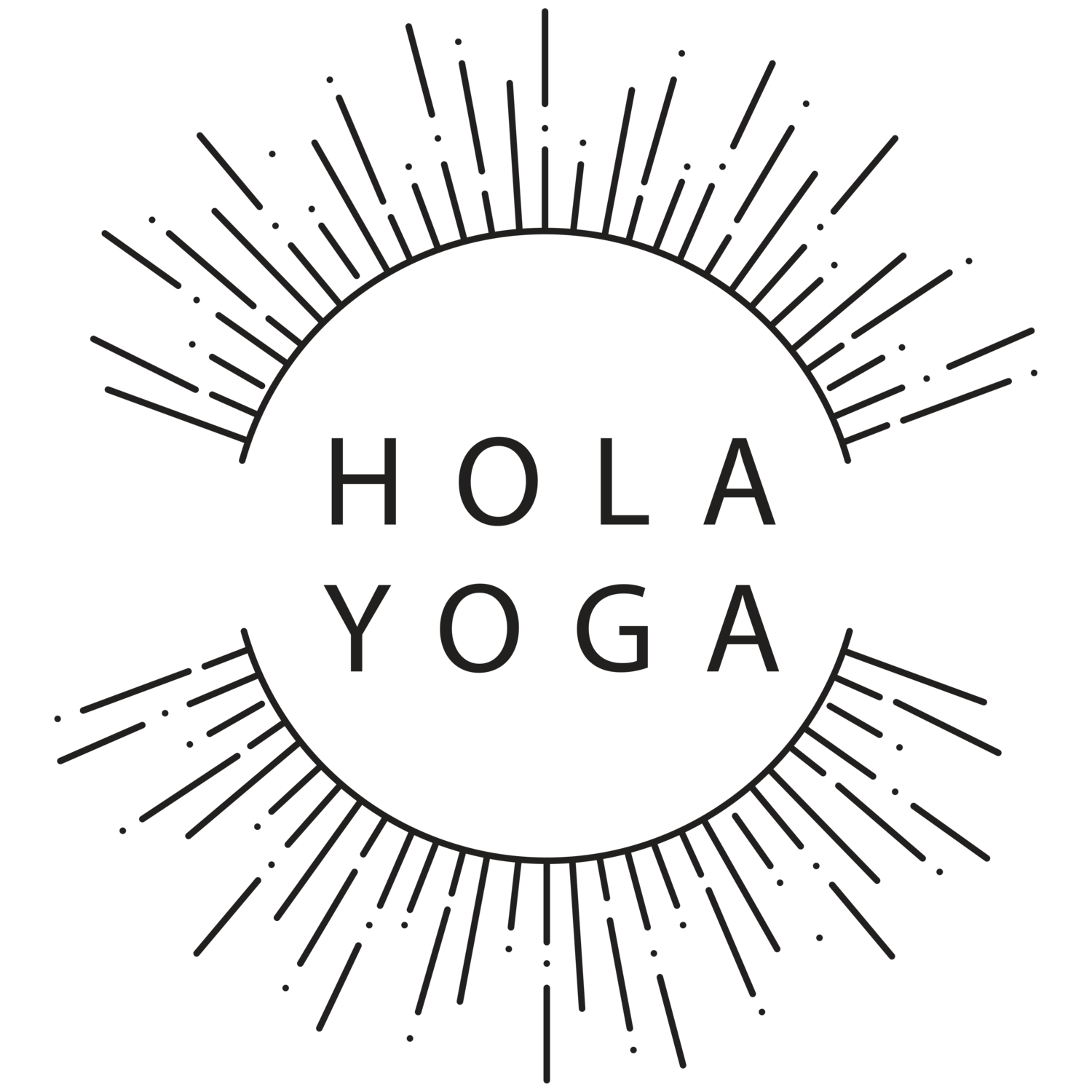Yoga Through Fresh Eyes: Exploring the Body with a Beginner’s Mind
With Erika Porter
Yoga offers us a unique opportunity to connect with our bodies in profound and meaningful ways. But what if we approached our practice with fresh eyes—curious, open, and free of judgment? In this blog, Erika Porter invites us to explore yoga through the lens of a beginner’s mindset, diving deep into the anatomy of movement and alignment. By understanding how our bodies are designed to function and move, we can cultivate greater awareness, prevent injury, and unlock new levels of freedom in our practice. Whether you’re new to yoga or have been practicing for years, this journey through the body will inspire you to reconnect with your physical self in ways you may not have imagined. Let’s step onto the mat and see what our bodies can teach us.
Dive deeper into your practice and join Erika for Flow Foundations
Growing up, I was a ballet dancer and an athlete—an active and energetic kid. I vividly remember taking my first yoga class at the YMCA when I was 15. I felt naturally “good” at yoga because of my flexibility, but I didn’t truly dive into the practice at that time. I took just a few classes in high school, but yoga found its way back into my life during college, where I enjoyed it for the same reason—my flexibility.
However, in my early 20s, I began experiencing lower back pain. When I moved to Nashville, I started working with a spinal care-focused yoga teacher who introduced me to the concept of hypermobility. She helped me understand that my back pain was a result of pushing too far into my flexibility without balancing it with the strength and stability my body needed. That realization was a turning point for me.
During my yoga teacher training, we were required to spend a week taking every single modification a teacher offered during class. It was an enlightening experience. For the first time, I noticed how different poses felt in my body when I wasn’t pushing to my limits. It became clear that “doing the most” isn’t always the best for your body.
The more I learned—especially through anatomy training—the more I understood the importance of slowing down, dissecting the poses, and exploring why we do what we do in yoga. This realization has shaped my teaching philosophy. I believe it’s my purpose to help people slow down and truly connect with their bodies.
We live in a society that often turns movement into competition, even with practices like yoga. But yoga isn’t a sport. It’s not about how deep you can stretch or how advanced your poses look. Instead, it’s about understanding what you want to gain from your practice. For me, my goal is longevity. I want to create a body that supports me as I age—one that allows me to focus on my mental, emotional, and spiritual well-being without being distracted by pain or discomfort.
If we don’t understand the purpose behind what we’re doing, we risk moving mindlessly, or worse, hurting ourselves. The more we understand our bodies—how they work, what they need, and how to move them safely—the better we can care for them. This awareness allows us to focus on the bigger, more meaningful purposes of life.
This is why I emphasize revisiting the basics throughout your yoga journey. Our bodies change as we age, and it’s important to reassess and adjust our practices to meet those changes. For years, I’ve taught a foundational flow series designed not just for beginners but also for experienced practitioners. Even if you’ve been practicing yoga for a long time, you might be doing certain poses in ways that don’t serve your body as well as they could.
In a typical studio class, there’s rarely time to ask questions or receive one-on-one guidance from the teacher. My foundational flow series creates space for those conversations. It’s an opportunity to slow down and deeply understand the poses—what they should feel like and how they can best serve your unique body.
When you have this understanding, you’ll step into studio classes with greater confidence and ownership of your practice. While I’ve been teaching yoga for close to 15 years and have extensive anatomy training, I always emphasize the importance of personal accountability in your practice. You’re the only one who knows how a pose feels in your body.
Yoga is a tool meant to support you in your everyday life. You shouldn’t rely solely on a teacher to guide you. Instead, you should feel empowered to use what you’ve learned. If your hips feel tight, you can practice pigeon pose on your living room floor. If you want to strengthen your glutes or quads, you know how to flow through a warrior series. If you need an energy boost in the morning, you can turn to sun salutations to get your blood flowing and set the tone for your day.
Yoga is a lifelong practice—a tool you can return to whenever you need it. My goal is to help you build the knowledge and confidence to take ownership of your practice, ensuring it serves you in all stages of life.
January 31- February 2
Flow Foundations is a versatile 3-part series designed to help students dive into the fundamentals of yoga postures (asana) and breathwork (pranayama). Whether you're new to yoga or looking to revisit and refine your practice, this series offers a highly accessible and balanced approach that builds confidence, strength, and flexibility from the ground up.


